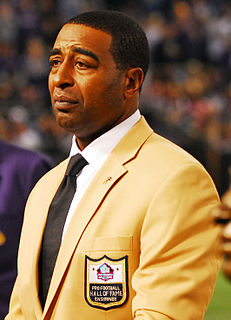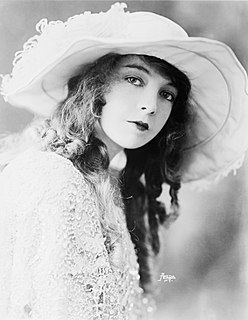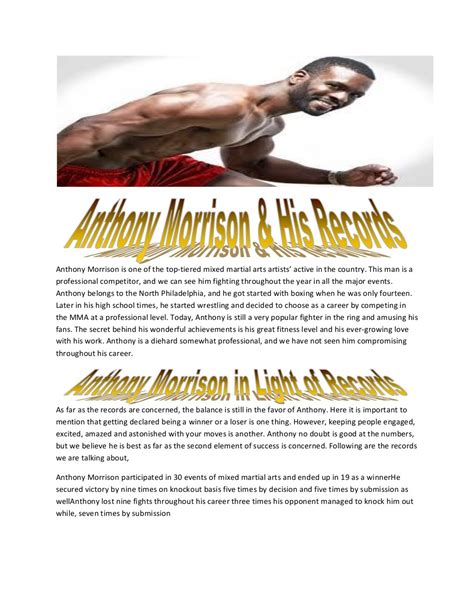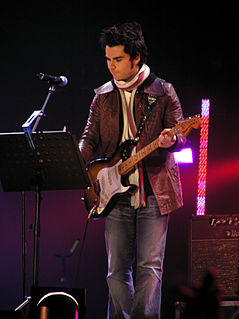A Quote by Paula Patton
Maybe at the core of me, I'm a survivor, but I don't do it on purpose. Sometimes, in acting of course with your performance, some of your own personal character seeps through. My performance goal has always been to perform for the audience. People pay their hard earned money, and so I always desire to give all of myself in every single scene.
Related Quotes
We played a show the other week at this festival and it was an audience that I'd never normally play in front of. That's one the greatest things about festivals: you don't always get your audience, you get people who just pop in out of curiosity. The reaction was amazing; there were people dancing, which we've never had, I guess because the message is pretty powerful and the performance is a lot more visceral than it has been previously. The audiences seem to be reacting to that really well and it's a wonderful thing, because at a performance you really bounce off your audience.
Great people in the United States have been disenfranchised.I'll give you an example, it has always been the way to do it, to work hard, save your money, put your money in the bank, get interest on your money and retire wealthy, at least modestly wealthy. Well, the people that have done that have been hurt terribly because there is no interest on your money. You get no money. I just signed for some CDs where you are getting a quarter of one percent. A quarter of one percent! They don't even want your money, the banks.
The gospel shows us that our spiritual problem lies not only in failing to obey God, but also in relying on our obedience to make us fully acceptable to God, ourselves and others. Every kind of character flaw comes from this natural impulse to be our own saviour through our own performance and achievement. On the one hand, proud and disdainful personalities come from basing your identity on your performance and thinking you are succeeding. But on the other hand, discouraged and self loathing personalities also come from basing your identity on your performance and thinking you are failing.



































